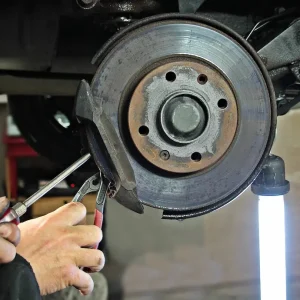It’s tricky assessing the state of the economy when even the headlines can’t agree whether manufacturing is up or down, writes Rupert Saunders
One of the problems when trying to comment on the economy is the constant flow of conflicting data that passes across your desk. I guess the Chancellor of the Exchequer has this problem too – but maybe he has a team of assistants who sort it for him.
Take these conflicting headlines:
“Manufacturing recovery fades” says the CBI. Whereas: “Manufacturing regions end Q3 with a flourish” says Royal Bank of Scotland.
Can they both be right?
Of course, the results of any survey depend on whom you ask and when you ask the question. The CBI survey took place over the first two weeks of October and focused on manufacturing. The RBS survey asked purchasing managers across all industries about activity in September.
What emerges from a bit of analysis is a strong regional divide and substantial changes in business activity over fairly short periods of time.
RBS found strong business growth in the west midlands and the north-east with growth slowing in the north-west and south-west. While according to CBI chief economic advisor Ian McCafferty: “The monthly breakdown reveals that the slowdown in demand has been concentrated in the past few weeks. The balance of manufacturers reporting order levels above or below normal fell from minus five in September to minus 20 this month – the weakest since the start of the year.”
You will be pleased to learn that the Chancellor does have all this under control. In fact, despite predictions, the UK economy is growing quite nicely at the moment. Gross Domestic Product (GDP) rose by 0.7% in the third quarter and the annual rate of growth is now expected to be 2.6%.
Ford’s house is at risk
When I was writing about Ford’s credit rating two weeks ago I had not seen the company’s financial results for the third quarter – which were shocking. In case you missed it, the carmaker lost $5.8bn (£3.1bn) in three months, its biggest quarterly loss for 14 years.
I wrote about the warnings being issued by credit agencies over the company debt but, for the sake of simplicity, ignored one specific warning from Standard & Poor. They said: “If Ford chooses to replace its unsecured bank facilities with secured financing, the rating would be lowered by up to two notches”.
But that is exactly what Ford is thinking about doing. When briefing analysts on the results, chief financial officer Don Leclair admitted the company was considering putting up some of its manufacturing plants as security against future loans. Basically, remortgaging the property to raise cash.
Most of you will have signed a mortgage document. There is always a stark warning: your house is at risk if you cannot make the repayments.
So, here’s the dilemma for Ford.
Mortgage the factories, which pushes up the interest charges, which means you have to generate more cash. Or, cut back on investment in new vehicles, which means fewer customers in the future, which means it will take longer to move into profit.
Not a choice I would want to make.





